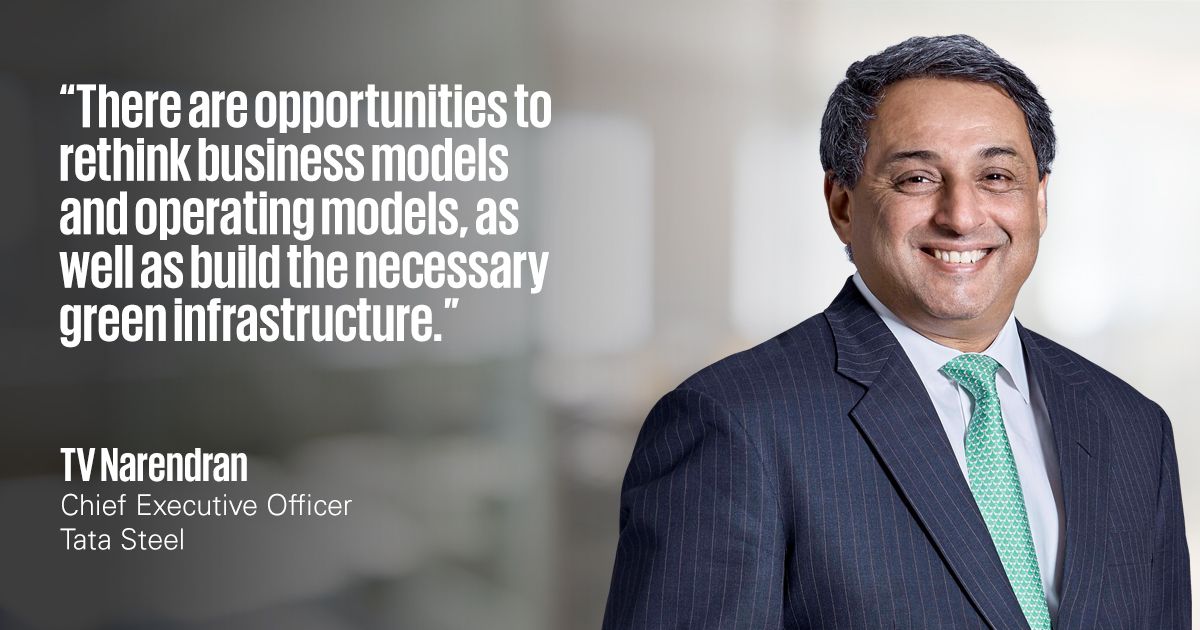Optimism in long-term growth remains
The KPMG 2022 CEO Outlook surveyed global CEOs on their 3-year outlook on the business and economic landscapes. Despite geopolitical and economic challenges, global economic confidence over the next 3 years has rebounded from early 2022, rising to 71 percent.
As companies continue to navigate the changing landscape resulting from the COVID-19 pandemic, 85 percent of global CEOs report positive growth expectations in 2022; steady from earlier this year and down slightly from 2021 (87 percent).
CEOs anticipate a recession — but they’re prepared
While confidence is up over the next 3 years, CEOs anticipate challenges in the shorter term. Nearly nine out of 10 (86 percent) CEOs believe a recession will happen over the next 12 months, but three out of five (58 percent) feel it will be mild and short and 76 percent have plans in place to deal with it. In spite of short-term recession fears, the increased confidence CEOs have for the longer term indicates they feel well prepared to navigate their businesses through turbulent times. In fact, when asked about their confidence in the resiliency of the global economy over the next 6 months — a period likely to be fraught with uncertainty and constant change — 73 percent still had a positive outlook, up 13 percentage points from February 2022.
While CEOs may be resilient, they’re also realistic about the challenges ahead. Seventy-three percent of CEOs believe a recession will upend anticipated growth over the next 3 years, and three-quarters (75 percent) also believe a recession will make post-pandemic recovery harder. Seventy-one percent of CEOs predict a recession will impact company earnings by up to 10 percent over the next 12 months.
Compared to 2019 and 2020, CEOs are better prepared to weather short-term challenges with resiliency measures in place, while still anticipating long-term growth. The top three steps include: boosting productivity (50 percent), managing costs (43 percent) and reconsidering digital transformation strategies (40 percent).
Top risks looking forward
Pandemic fatigue and economic factors — including the threat of rising interest rates and inflation — top the list of most pressing concerns for CEOs today at 15 percent and 14 percent, respectively. As we look to the next 3 years, risks are more interconnected than ever. Emerging technology (not seen in the top five last year) rises in rank as the top risk and greatest threat to organizational growth. Operational, regulatory and reputational concerns also jumped into the top five.
Managing geopolitical risk
Strategic alliances (26 percent), organic growth (22 percent) and managing geopolitical risks (20 percent) top the list of the most important strategies for achieving organizational growth objectives over the next 3 years.
CEOs indicate that geopolitical uncertainties will continue to impact their strategies and supply chains over the next 3 years. In fact, 81 percent of CEOs have adjusted or plan to adjust their risk management procedures considering geopolitical risk, and 21 percent of CEOs will be increasing measures to adapt to geopolitical issues to achieve their growth objectives. With geopolitics a key agenda item in 2022, CEOs need to be knowledgeable on the subject and how to navigate the risks. It’s important to make a geopolitical risk assessment part of their overall strategy.
One of the key learnings from the last year for TV Narendran, CEO and Managing Director of Tata Steel, has been the importance of building supply chain resilience, brought to the forefront of the business agenda following the pandemic and geopolitical uncertainties. “The pandemic and the events in Europe have shown us how interconnected we are as a world,” he says. “To me, geopolitical issues are the number one risk. I think we all need to build optimized and resilient supply chains.” Although a resilient supply chain may not be the most cost efficient, he believes disruption and change can bring opportunity. “There are opportunities to rethink business models and operating models, as well as build the necessary green infrastructure.”


Increasing M&A appetite
Over the next 3 years, M&A appetite remains high despite economic concerns. Forty-seven percent of CEOs have high appetite, and 38 percent moderate, a significant shift from 23 percent high appetite in early 2022. With higher interest rates and borrowing costs, rapid innovation will be key to staying competitive. Deal makers may be taking a much sharper pencil to the numbers and focus on value creation to unlock and track deal value, every step of the way.
The combination of uncertainty, delays and price fluctuations is forcing some executives to significantly shift their priorities and their business models in an attempt to maintain their growth and confidence as they enter an incredibly challenging period.
